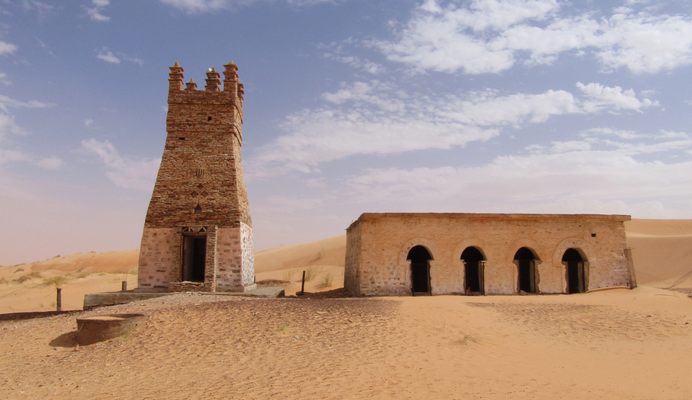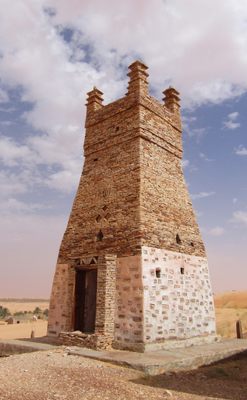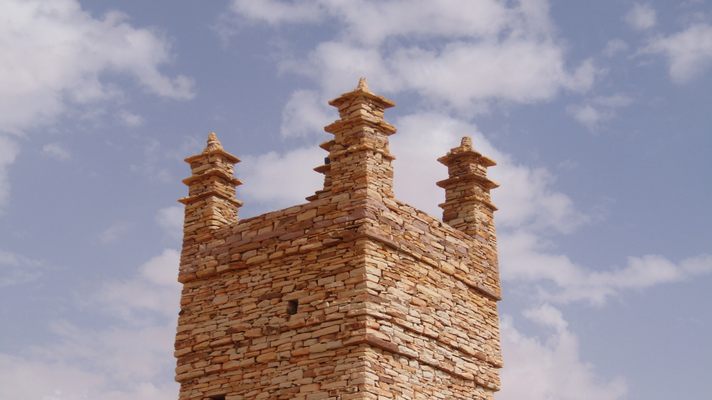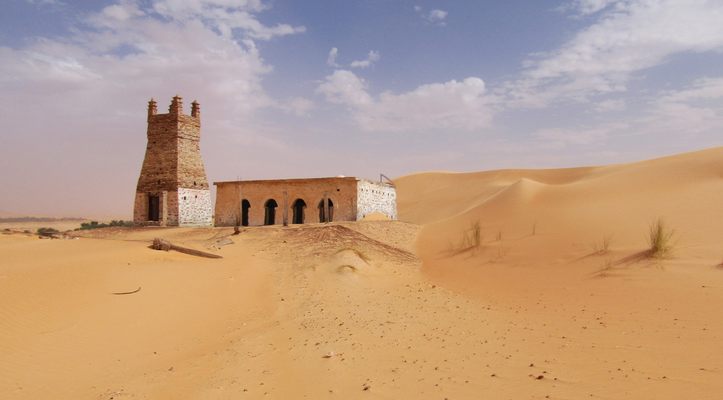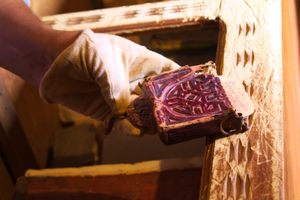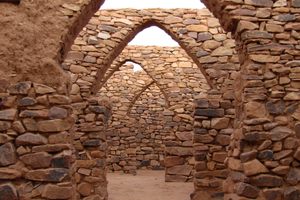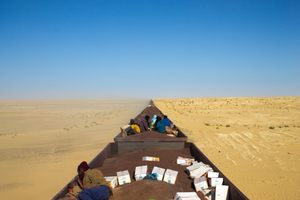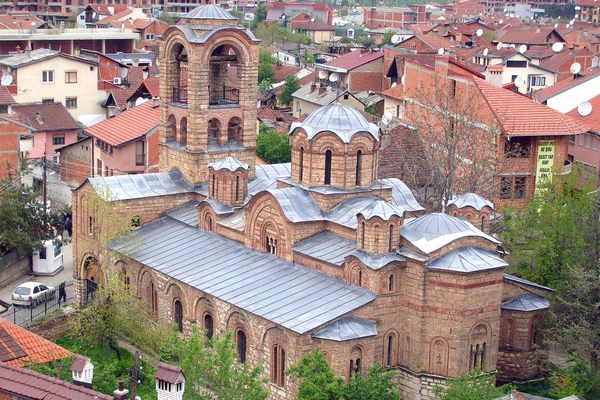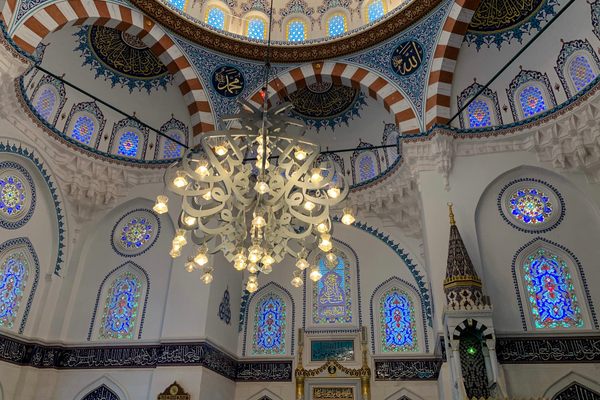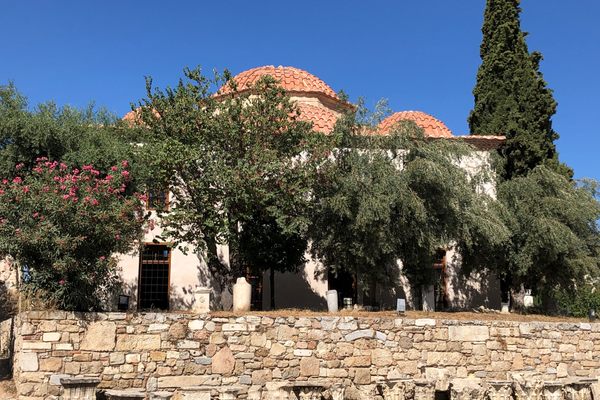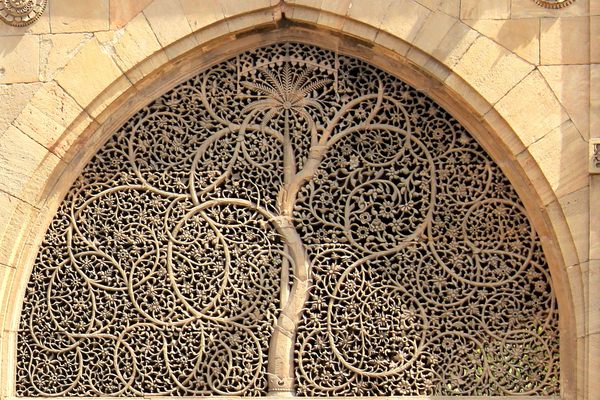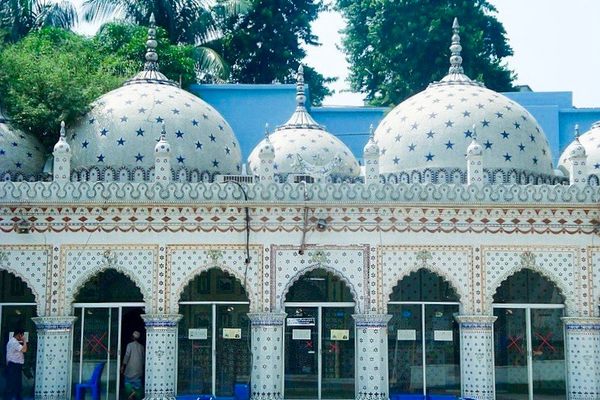About
Visitors to Chinguetti have the chance to see new Chinguetti, where most accommodations are located, and old Chinguetti, the semi-abandoned, half-buried city where ancient libraries can be found. There is, however, a third Chinguetti, which has almost entirely been reclaimed by the desert. A little over one mile (two kilometers) northeast of modern Chinguetti, on the way to the village of Entkemkemt, the desert track runs through a set of unimpressive sand dunes. Buried under these sand dunes are the remains of the older Chinguetti.
Chinguetti was founded in the year 777 CE and became a major trading, cultural, and religious hub in the region by the 11th-century. It was around this time that Chinguetti reached its apogee and started declining. After two centuries of steady decline, the settlement was eventually abandoned and a new Chinguetti was re-established as a fortified trading center. It is undetermined whether remains from the original Chinguetti can be found among the ruins under these dunes.
The terrain is harsh, interspersed with thorny bushes, scrawny goats, and ramshackle huts. There is, however, one imposing, isolated building that stands out. It is the only building from older Chinguetti that has been kept clear of the sand: the Old Mosque. It consists of a prayer room and a minaret. The square-based minaret showcases some outstanding stonework that clearly stood the test of time. The top of the minaret is adorned with four pinnacles that are characteristic of Mauritanian religious architecture. The prayer room is dominated by four arched entryways. The building is unadorned and unattended, but it is still used by local farmers.
Related Tags
Community Contributors
Added By
Published
February 25, 2022
